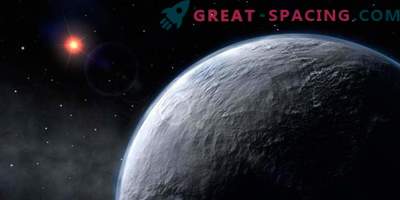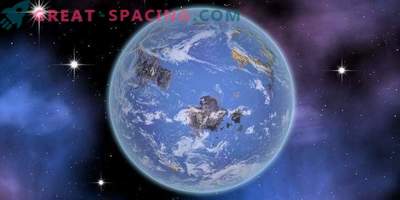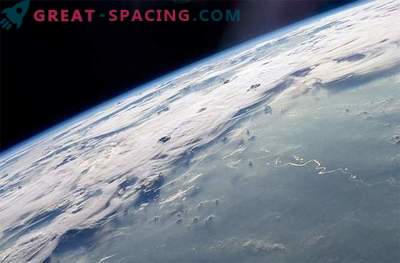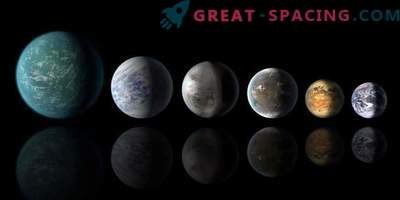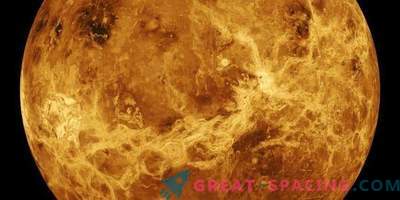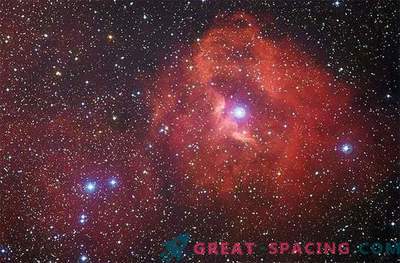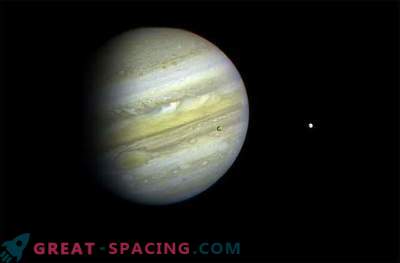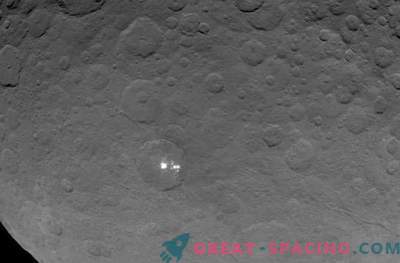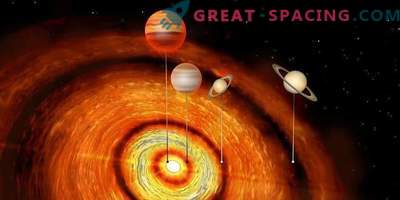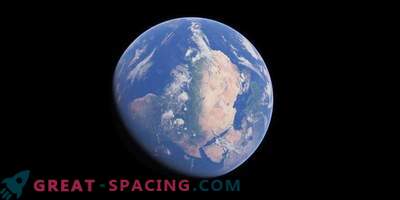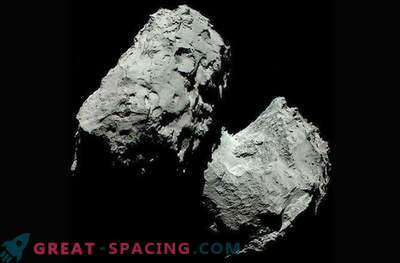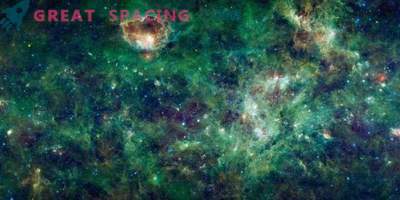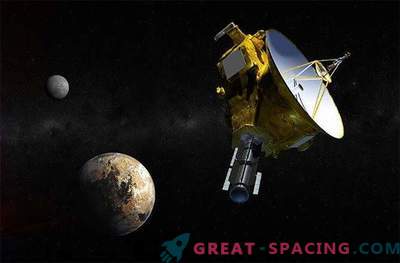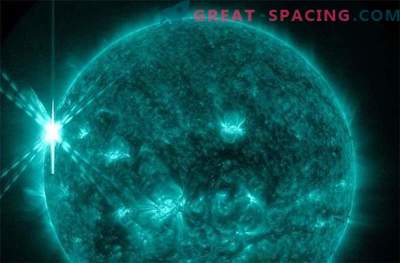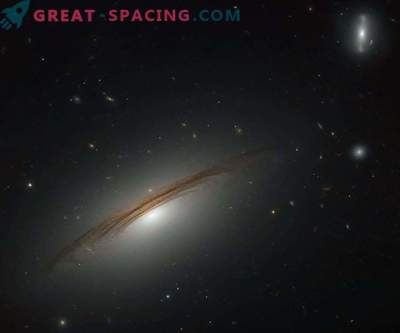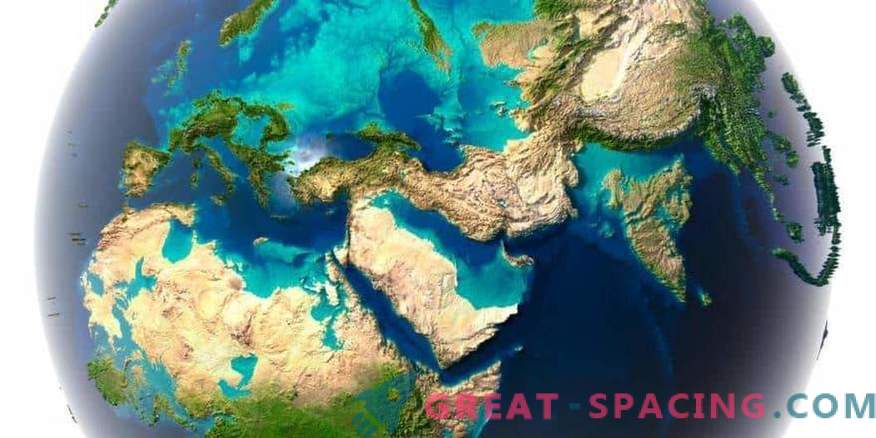
Continents in the inhabited worlds may try to break through to the surface, as part of Earth Europe does.
The new study used a statistical model, the forecast of which shows that in most inhabited planets the oceans occupy more than 90%. Author Fergus Simpson of the Institute for Cosmological Sciences at the University of Barcelona created a model based on Bayesian probability to predict the percentage separation of land and water on habitable exoplanets.
In order for the surface of the planet to boast large patches of land and water, it is necessary to establish a delicate balance between the water volume, which it preserves over time, and the volume of space that it must accommodate in the ocean basins. These values can vary significantly across the spectrum of the water worlds. Therefore, it is still a mystery why on Earth everything is so well balanced.
The Simpson model predicts that oceans prevail in most habitable planets (more than 90%). This conclusion is based on the fact that our planet is also close to becoming a completely water world.
“The scenario in which the Earth contains less water than most other inhabited planets will match the simulation results and help explain why some objects were less dense than expected,” says Simpson. Simpson believes that the oceanic balance on Earth can be a consequence of the anthropic principle, which is also used in a cosmological context. That is, our observation of the universe is affected by the desire to find life.
“Based on the fact that the amount of water on Earth is 71%, we find substantial evidence supporting the hypothesis that the effects of anthropic selection are in place,” comments Simpson.
For verification, he took into account feedback mechanisms: a deep water cycle, erosion and precipitation processes. It also offers a statistical approximation to determine how usable land decreases for planets with a smaller ocean, since they are dominated by deserts.
Why did life evolve on this planet, and not on another? Simpson believes that the whole thing is in the selection effect, including the balance between land and water.
“Our understanding of the development of life is far from complete. But do not despair. In the end, it can be assumed that all habitable planets have equal chances to develop intelligent life forms, ”he said.
